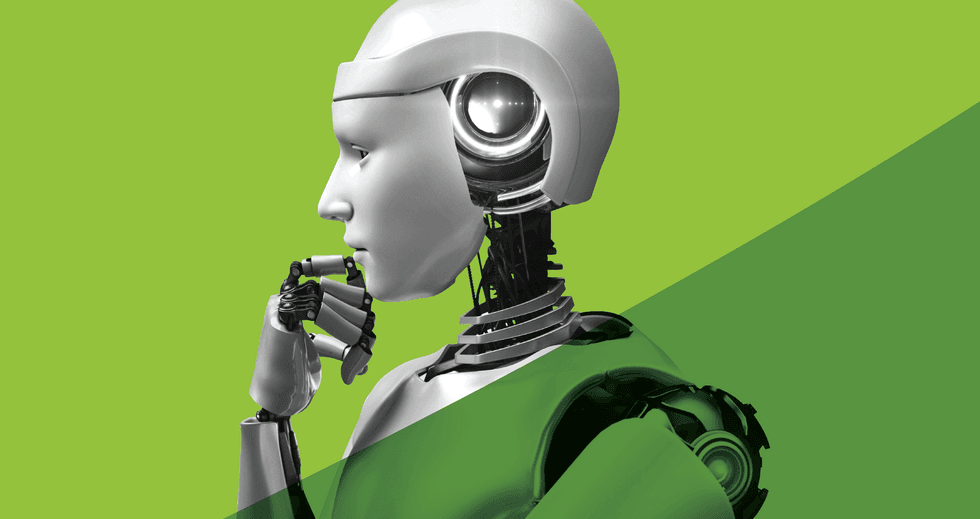EU negotiators agreed on a definition of AI that closely follows the OECD’s own adopted definition. EU Parliament negotiators have reportedly agreed to amend the draft EU AI Act

Summary
The EU continues to iterate on its “AI Act” which, when implemented, will likely constitute the first comprehensive AI regulation by any major economy. On March 7, 2023, EU negotiators agreed on a definition of AI that closely follows the OECD’s own adopted definition. Under the deal, AI will be defined as “a machine-based system that is designed to operate with varying levels of autonomy and that can, for explicit or implicit objectives, generate output such as predictions, recommendations, or decisions influencing physical or virtual environments.” A week later, on March 14, 2023, leading EU lawmakers proposed a set of significant obligations for providers of general purpose AI tools. Under the proposal, these providers would have to follow rigorous data governance measures, comply with EU risk management requirements in their design and testing of AI systems, undergo external audits and more. More recently, EU Parliament negotiators have reportedly agreed to amend the AI Act to require that developers of AI tools disclose any copyrighted material used in building their systems.



